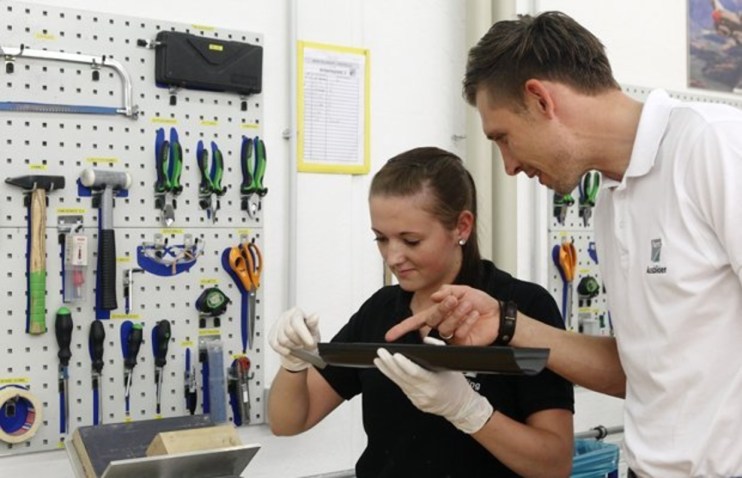Increasing recruitment difficulties spark business calls for national skills strategy

A leading business group has urged the new government to work “at pace” to deliver a new skills strategy to help address the staff shortages faced by firms.
According to a survey of 4,700 firms by the British Chambers of Commerce (BCC), 74 per cent of firms looking to hire over the past three months have faced challenges, up from 66 per cent in the first quarter.
“It’s alarming that recruitment difficulties have increased in recent months across all sectors,” Jane Gratton, deputy director of public policy at the BCC said.
“People shortages and labour costs are ramping up pressure on firms and holding back growth,” Gratton continued.
The skills gap will likely constrain how far and how fast the next government can move on a number of issues, from housebuilding to AI.
Staff shortages were particularly acute in the construction sector and engineering, with 82 per cent of firms in those sectors reporting staffing issues, up from 69 per cent in the first quarter.
The BCC’s survey reinforces concerns that the UK simply lacks the necessary skills to deliver its ambitions across a wide range of major pieces of infrastructure.
In the transport and logistics sector, meanwhile, 79 per cent of firms faced difficulties hiring well-qualified staff, up from 69 per cent in the first quarter.
In the run-up to the election, a number of business groups called on the government to take action on tackling skills shortages.
In response, Labour has promised to establish a new body, Skills England, which will bring together businesses, training providers and unions with local authorities across the country.
It also promised to introduce a new growth and skills levy, which will give businesses more flexibility on training staff members than the existing apprenticeship levy.
“The new government must work at pace to outline a long-term national skills strategy, working closely with the devolved administrations,” Gratton said.
The survey comes as a number of business figures wrote an open letter to Keir Starmer, arguing that the “burgeoning skills gap” could cost the Treasury £120bn by 2030.